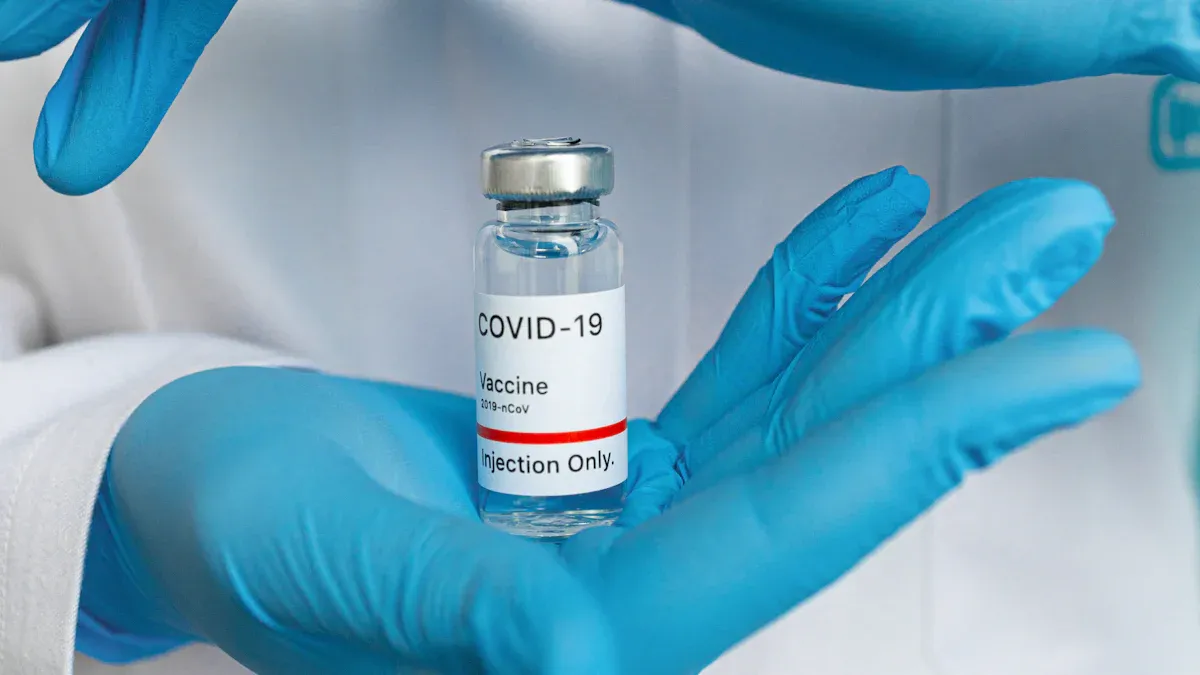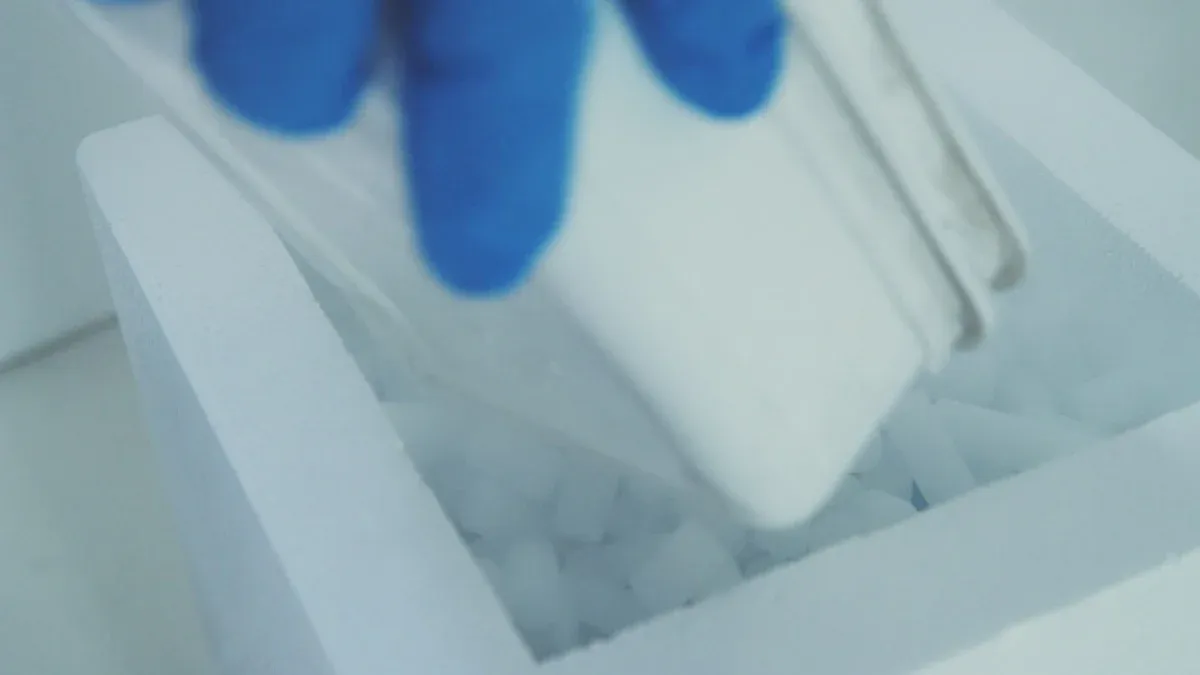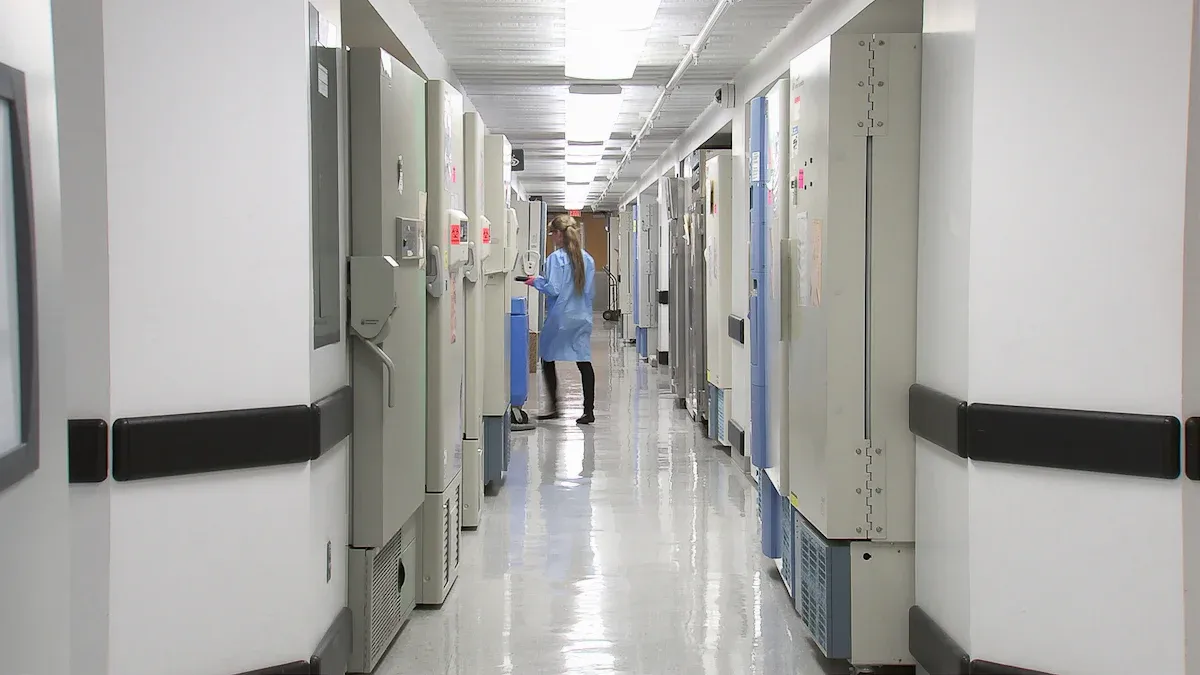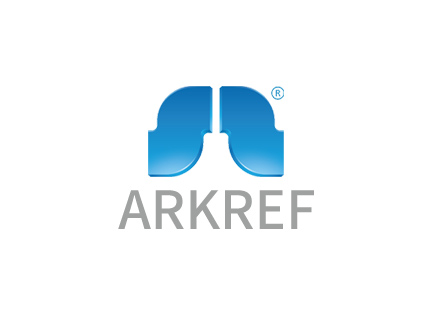Why Proper Cold Storage Is Essential for Vaccine Safety and Effectiveness

You help keep vaccines safe when you store them at the right temperature. Proper cold storage keeps vaccines working well and stops them from getting weak. If you do not use Vaccine cold storage, vaccines can go bad fast. This can make them unsafe or not work as well. The cold chain keeps vaccines safe from heat and freezing. When you follow the right steps, you help your community stay healthy and safe.
Key Takeaways
Store vaccines between 2°C and 8°C in special medical refrigerators. This helps keep vaccines strong and safe.
Do not use home refrigerators. They can change temperature and spoil vaccines. Spoiled vaccines waste money.
Use cold chain medicine vans with real-time tracking. These vans also have backup systems. This keeps vaccines safe while moving them.
Check vaccine temperatures two times every day. Train all staff to handle vaccines the right way. This helps stop mistakes.
Good cold storage and handling stop vaccine waste. They protect patients and help keep everyone healthy.
Vaccine Cold Storage

Temperature Sensitivity
When you work with vaccines, you deal with temperature-sensitive materials. Vaccines stop working well if they are not kept at the right temperature. The World Health Organization (WHO) says most vaccines should be stored between 2°C and 8°C. This temperature keeps the important parts inside each vial safe. If vaccines get too hot or too cold, the active parts can break down. This makes the vaccine not work or even become useless.
You cannot use a regular refrigerator for vaccine cold storage. Home refrigerators often change temperature a lot. This can hurt temperature-sensitive drugs. These changes happen because home fridges are not made for medical use. They might freeze or overheat vaccines without warning. You need a vaccine refrigerator that keeps the temperature steady all the time. This helps you keep temperature-sensitive materials safe and makes sure every dose works.
Tip: Check the temperature in your vaccine refrigerator at least two times each day. Use a digital thermometer to get the best reading.
Potency and Efficacy
You want every vaccine you give to work well. Proper vaccine cold storage keeps vaccines strong and safe. If you use the wrong fridge, you could lose up to 25% of your vaccine supply. Medical-grade refrigerators keep the temperature steady in a small range. This protects the vaccine’s active ingredients and keeps them strong.
Here is a table that shows the risks of using household refrigerators for vaccine storage:
Risk Factor / Issue | Description | Impact / Consequence |
|---|---|---|
Temperature Fluctuations | Consumer-grade refrigerators show ±4°C variance vs. medical-grade ±0.5°C | Leads to premature discarding of up to 25% of vaccine inventory vs. ≤3% with medical-grade units |
Microclimates | Storage near walls or doors creates unstable microclimates | Further destabilizes temperature control, increasing risk of vaccine degradation |
Molecular Degradation | Exposure to temperatures outside 15-25°C causes breakdown of vaccine components | Reduces vaccine efficacy and shelf life by ≥50% in accelerated aging tests |
Low Temperature Risks | Temperatures below 12°C cause crystallization and increased viscosity | Raises injection force by ≥30 Newtons, increasing patient discomfort and tissue trauma risk |
Financial and Operational Impact | Clinics lose thousands of dollars in product and refunds due to heat exposure | Poor storage increases patient touch-ups by 28%, reducing profit margins by $240 per patient |
Monitoring Requirements | Need for dual-sensor data loggers and frequent validation | Failure to comply risks FDA fines over $25,000 and increased vaccine waste |
Household refrigerators cannot keep temperature-sensitive drugs safe. They create spots with different temperatures and let the temperature change a lot. This causes wasted vaccines and higher costs for your clinic.
Special vaccine refrigerators give better protection. Here is a comparison:
Feature | Specialized Medical Refrigerators | Household Refrigerators |
|---|---|---|
Temperature Control | Precise control within 2°C to 8°C, accuracy ±0.1°C | Broad, unstable range, fluctuates frequently |
Temperature Stability | Forced-air circulation, microprocessor controllers | Passive or aggressive defrost cycles cause swings |
Construction & Design | Reinforced shelving, explosion-proof interiors | Designed for food storage, lacks robustness |
Monitoring & Alarms | Digital monitoring, real-time alerts, automatic logging | No or manual monitoring, no alarms |
Regulatory Compliance | Complies with CDC, WHO, GMP, UL, NIST standards | Not compliant with medical or pharmaceutical standards |
Defrost Systems | Auto-defrost with fan-assisted circulation, manual options | Passive or aggressive defrost causing temperature swings |
You need a vaccine refrigerator that meets strict rules. Medical-grade refrigerators use special systems to keep vaccines safe. They have alarms and digital logs to warn you if something is wrong. This helps you avoid mistakes and keeps your vaccines ready.
Pharmaceutical cold storage is more than just keeping things cold. It protects the efficacy of every dose. When you use the right fridge, you help your community stay healthy. You also waste less temperature-sensitive material and lower the chance of giving out weak or unsafe vaccines.
Cold Chain Medicine Van

Vaccine Transport
You help keep vaccines safe when they move from place to place. A cold chain medicine van is like a fridge on wheels. These vans use special cooling to keep vaccines between 2°C and 8°C. You can trust the cold chain medicine van to protect sensitive vaccines, like mRNA types, from heat or freezing. Each van follows strict rules from the CDC and FDA. Trained drivers handle vaccines carefully and follow chain-of-custody steps. Direct routes with no stops lower the risk of delays and extra handling. This way, cold-chain logistics stay strong and work well.
Cold chain medicine vans have special insulation and clear labels to keep vaccines safe. You can see that each van uses real-time tracking for temperature and location. This tracking lets you know where the van is and if the vaccines stay cold. The vans also use insulated containers and cold packs when loading and unloading. This step keeps the cold storage steady, even when the doors open.
Temperature Compliance
You must make sure vaccines stay safe during every part of transport. Cold chain medicine vans use gps and temperature tracking to watch the cargo all the time. IoT sensors check temperature, humidity, and if the doors are open or closed. These sensors send data to the cloud, where AI can find problems early. If the temperature goes outside the safe range, the system sends an alert right away. You can act fast to fix the problem and keep the vaccines safe.
Backup cooling and power systems help keep temperature compliance, even if the main system fails. Drivers record proof of delivery and temperature logs for every trip. This paperwork supports vaccine logistics and meets strict rules for cold-chain logistics. You help protect every dose by following these steps and using the best technology in cold storage and transport.
Note: New tools like AI-powered monitoring and automatic alerts make cold chain medicine vans even more reliable. These tools help you stop spoilage and keep vaccines effective from the warehouse to the clinic.
Risks of Cold Chain Failure
Loss of Efficacy
If you do not keep vaccines cold, they may not work. Even a short time at the wrong temperature can hurt vaccine efficacy. When vaccines get too hot or too cold, the active parts break down. This means the vaccine might not protect people from disease. You could give a dose that does not work, which puts patients in danger.
Many healthcare systems have big problems from bad cold storage. The World Health Organization says almost half of all vaccines are wasted each year because of poor temperature control. You see this waste in clinics with weak refrigerators or power cuts. When vaccines are lost, you lose money and time. Here are some ways poor cold chain management hurts healthcare:
You spend more money to replace spoiled vaccines.
You face shortages and cannot vaccinate everyone.
You must handle recalls and extra paperwork.
You may need to repeat vaccination campaigns, which costs more.
Alert: One temperature breach can make you throw away thousands of doses. This wastes money and slows down important immunization programs.
In some countries, buying too many or too few vaccines causes unused doses and money loss. If you do not track inventory well, you might buy the wrong amount. This leads to waste and makes it harder to protect your community.
Safety Hazards
You also face safety hazards if the cold chain fails. Vaccines that lose strength may not stop disease. Worse, they can cause side effects or reactions. If you give a spoiled vaccine, you put patients at risk for illness and harm.
Environmental problems make cold chain management harder. In rural areas, bad roads and weak infrastructure slow vaccine delivery. Floods, storms, and heat waves can cause power cuts or block roads. These problems raise the chance of a temperature breach and spoilage.
You can see these failures in real-world examples:
Incident | What Happened | Outcome |
|---|---|---|
Nigeria, 2017 | Power cuts and bad cold storage caused a temperature breach during polio vaccine transport | Over 1 million doses lost, campaign delayed, extra costs for new vaccines |
United States, 2019 | Clinic used a home refrigerator and did not check temperature | 900 children got weak vaccines and needed new shots |
India, 2020 | Floods broke the cold chain and vaccines got too hot | Vaccines lost efficacy and more people got sick in those areas |
You can lower these risks by using technology like real-time temperature checks. AI-powered systems and GPS tracking help you find problems early. When you act fast, you keep vaccines safe and protect public health.
Tip: Always check your cold storage equipment and train your staff. Good planning and strong infrastructure help you avoid costly mistakes.
If you invest in better roads, steady electricity, and modern cold storage, you make the cold chain stronger. Some companies now use solar-powered fridges and satellite tracking to keep vaccines safe, even in hard places. These upgrades help you stop spoilage and keep your community healthy.
Best Practices
Equipment and Monitoring
You need good cold storage to keep vaccines safe. The right equipment helps a lot. Always use a vaccine refrigerator that meets strict rules. These refrigerators keep the temperature steady. This helps you avoid big mistakes. Here is a table with the most important equipment for vaccine storage:
Equipment Type | Certification/Standard | Description and Use Case |
|---|---|---|
Compact Medication/Vaccine Refrigerator | NSF/ANSI 456 Vaccine Storage | Good for small clinics or pharmacies; stores small amounts of vaccines and medicines. |
Upright Vaccine Refrigerator | NSF/ANSI 456 Vaccine Storage | Best for hospitals and large clinics; holds more vaccines and medicines. |
Ultra-Low Temperature Freezer (-85ºC) | N/A | Needed for long-term storage of special vaccines and research samples. |
Digital Data Logger | N/A | Shows real-time temperature and records highs and lows for easy monitoring. |
You should use remote monitoring for your vaccine refrigerator. These systems watch temperature, humidity, and power all the time. Real-time monitoring helps you spot problems early. Automated alarms send alerts if the temperature changes. You can act fast to fix issues. These tools help you follow the rules and lower vaccine recalls. Automatic temperature logs also cut down on mistakes and save time. This makes your records more correct.
Tip: Backup power and extra cooling keep vaccines safe during power loss or equipment trouble.
Protocols and Training
You must follow clear steps from when vaccines arrive until you give them. Always check the temperature logs before using any vaccine. Staff should know how to use the vaccine refrigerator and what to do if alarms go off. Training is very important. Many problems happen when staff do not know what to do. You need to train everyone who handles vaccines, even drivers and loaders.
Common training gaps are:
Not enough training for staff who move and store vaccines.
Poor knowledge of temperature control and monitoring.
Weak waste management and not enough planning for stockouts.
COVID-19 vaccines showed you need well-trained staff for special cold storage. WHO training programs help you build a strong team that follows world standards. Public and private groups often work together to improve vaccine delivery and follow the rules. These partnerships help you get better equipment, plan for emergencies, and keep your cold chain strong.
Note: Good training and clear steps help you avoid mistakes, keep patients safe, and protect your vaccine supply.
You help keep vaccines safe and working for everyone. If you follow cold storage rules, you stop waste and help people stay healthy. You can use plans like CQIIP and VCQIIP to check and improve your systems. Always pay attention, use the best steps, and care about patient health. What you do matters every time you handle vaccines.
FAQ
How often should you check the temperature of your vaccine refrigerator?
You need to check the temperature two times each day. Always use a digital thermometer for the best results. This helps you find problems early and keeps vaccines safe.
Can you use a regular home refrigerator for vaccine storage?
No, do not use a home refrigerator for vaccines. These fridges cannot keep the temperature steady. Vaccines can spoil or lose strength in them. Always use a medical-grade refrigerator.
What should you do if the temperature goes out of range?
Alert: Move the vaccines to a backup fridge right away. Mark the vaccines that were affected and do not use them. Wait until you talk to your vaccine supplier or health department.
Why is staff training important for vaccine storage?
Staff training teaches everyone what to do. Trained staff can find problems and fix them fast. They follow safety steps to keep vaccines safe and protect patients.
What happens if you give a vaccine that was not stored correctly?
You might give a vaccine that does not work. Patients may not get protected from disease. You could need to give another shot, which wastes time and money.
See Also
Understanding Cold Storage And Its Importance For Preservation
The Vital Role Cold Rooms Play In Food Safety
How Cold Rooms Ensure Freshness Of Perishable Goods

